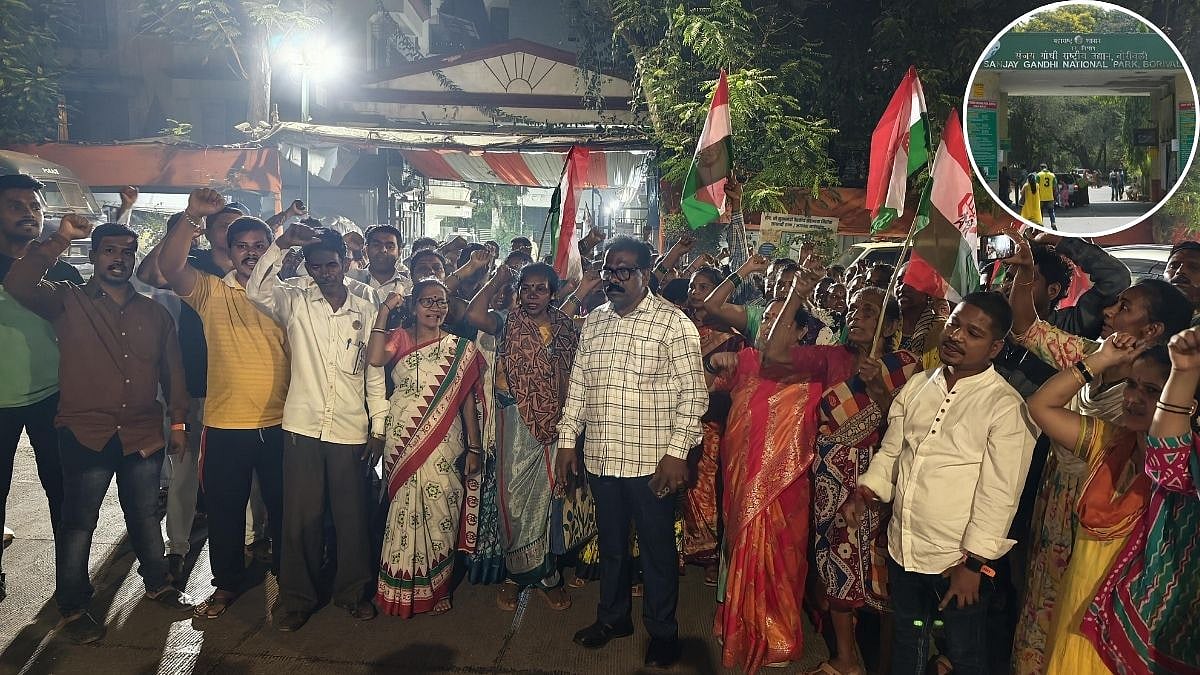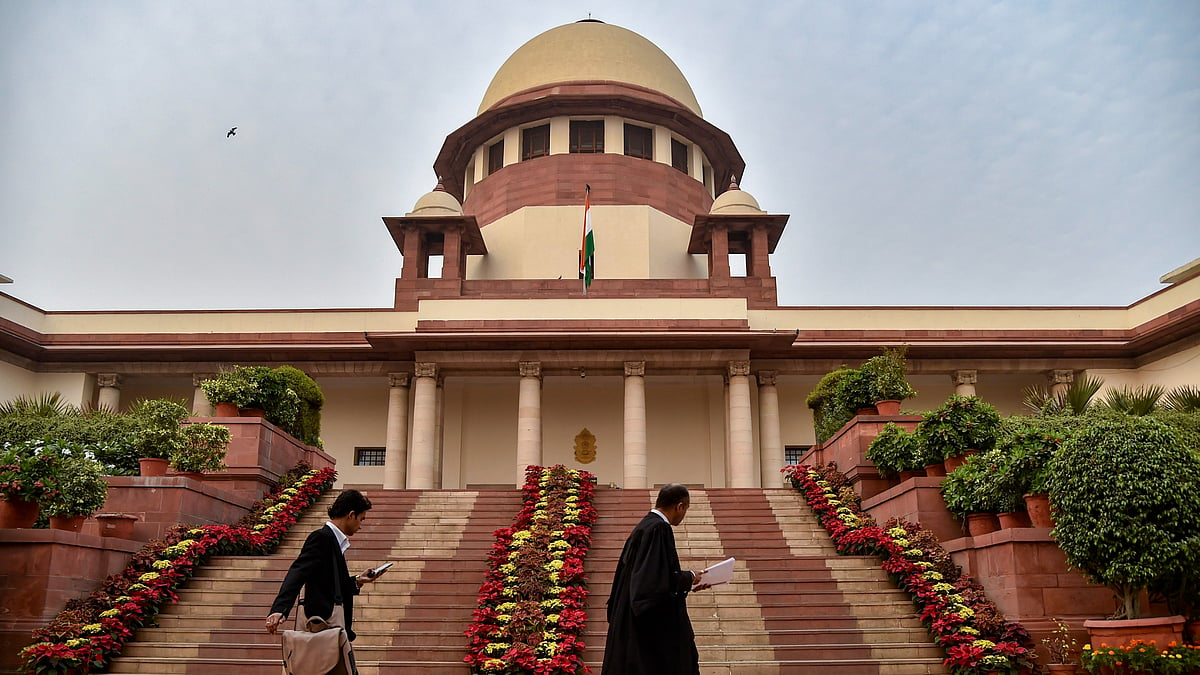The world of technology and private investing is excited by the incubation of the disruptive power of what is seen as Web 3.0. Also called Web3, it symbolises the next generation of the Internet. It has attracted much interest from the developer community globally. Global investors funds have invested over USD 500 million this year in Indian Web3 ventures. Web3, simply put, is premised to decentralise the overall nature of the current Internet and give equal power to all content creators. It is conceptualised on a blockchain or distributed ledger platform. Cryptocurrencies, unpopular with many governments, including ours, make for one of the most prominent applications of Web3 ideas. The widespread usage of blockchain technology is still to take off, with standards and protocols yet to be clearly defined. Scalability would take time, investments into technological developments as decentralisation makes transactions slower. Web1, the actual birth of the Internet, had limited space for user interaction. The web was static and was primarily only readable and slow to access. Web2, which we use today, brought in the concept of social media, where the user could generate content. However, the large internet entities or platforms are owned by a few corporations from select countries, and control is effectively ‘centralised’ with those entities; whether it is influencing content and narratives that the world sees, or directing how digital commerce flows.
The BigTech entities have been in the line of fire from the governments globally, for issues covering privacy breaches, intrusive tech, misuse of consumer data, issues of implied consent, disinformation, and even algorithm bias. With Web3, these platforms could be disrupted and disintermediated! Technically in Web2, those large platforms can censor or control what’s seen by others. In Web3, this won’t be possible at all. It would give the control of content and access rights to the content creators. Therein, could lie the issue with the governments! Inherently, they would be uncomfortable with trying to control so many individuals, which might make the task of regulations difficult. Parallelly, it is a utopian discourse to say that Web3 is a means to take away the power and influence of varied social, commercial, political interests held by techno-dominant entities. In what seems difficult to practically comprehend, Web3 solutions over the next few years (in this very decade itself) could allow humans to interact with computers; with developments in the fields of Artificial Intelligence (AI) and Natural Language Processing (NLP), interaction with machines could become almost human-like. The growth of 3D technology, as well as the hardware sector that’s bringing in practical usage of AR/VR hardware, would speed up solutions that could be offered to users. In this entire conversation lies the concept already accepted by the millennials and Gen-Z: ‘Metaverse’, the digital universe, being shaped to exist parallel to our human existence! It is not science fiction anymore, and it is yet to be understood by policymakers.
What opportunities does this have for India? The Internet - both Web1 & Web2, were primarily western world-led platforms. The social narratives in the past many years have been shaped by those entities. In those three decades, as an economy, we were still serving global clients with ITES and missed the Internet economy leadership space. Now is a chance to catch up!
While with the cryptocurrency policy debate we have grazed all over the possible discourses without any positive outcome yet. While we have said we won’t have any ban on the blockchain or Web3 technologies, we are worried about how crypto tokens could impact or impair. At the same time, we have initiated work to introduce the Digital Rupee - a digital version of India’s fiat currency - which will be a central bank digital currency (CBDC). This crypto regulation has taken an unusually long time for the government to make up its mind on what it wants and what it does not want in the Indian market. It’s almost like the story of the elephant and five blind men! Ask different stakeholders, and you shall receive multiple perspectives.
Policymakers are yet to show definite interest in what could emerge from Web3. The usual pushback is these: what policymakers don’t want from technology - and the standard phrases - fraud, the unsustainable energy consumption of Web3, systemic risks that could emerge. It is fair to ask these questions. These are no different from what the then-governments would have felt about every disruption that the previous industrial revolutions brought in - steam engine locomotives, cars on the road, power looms, computing power, and many more! For every positive usage of newer technologies, we cannot shy or shun it simply because it could be misused by some! To be a relevant and technology power nation, we need to establish a vision of what we want from, and with technology. Can we start with understanding these technological shifts with a sense of how they can be leveraged to propel the nation as an inclusive society and powerful global economy? Trust-based citizenry public policy has to be demonstrated with policies around emerging technologies.
India represents great potential in the form of a growing group of startups working on Web3 projects. A recent industry report estimates that 8,00,000 jobs could be created in India in the Web3 sector by 2030. With the rapid acceptance of gig economy knowledge workers, this estimate could become a multi-fold outcome if encouraged well. With the lack of regulatory clarity and confused policy signalling, Web 3.0 entrepreneurs in India have started moving base to Singapore or Dubai to set up their ventures. Just as we saw the Indian brain drain in the 70s & 80s for better employability and respect for knowledge, we don’t want Web 3.0 to become the next exodus movement for Indian talent to seek a better regulatory and entrepreneurial ecosystem elsewhere.
Technological innovation and adoption into mainstream policy are necessary to speed up social transformation and economic growth. As a nation, can we take the lead to encourage the power of Web3 ideas and even set the standards that define the next generation of global technology? This would necessitate overcoming policy blinders and polity pressures.









